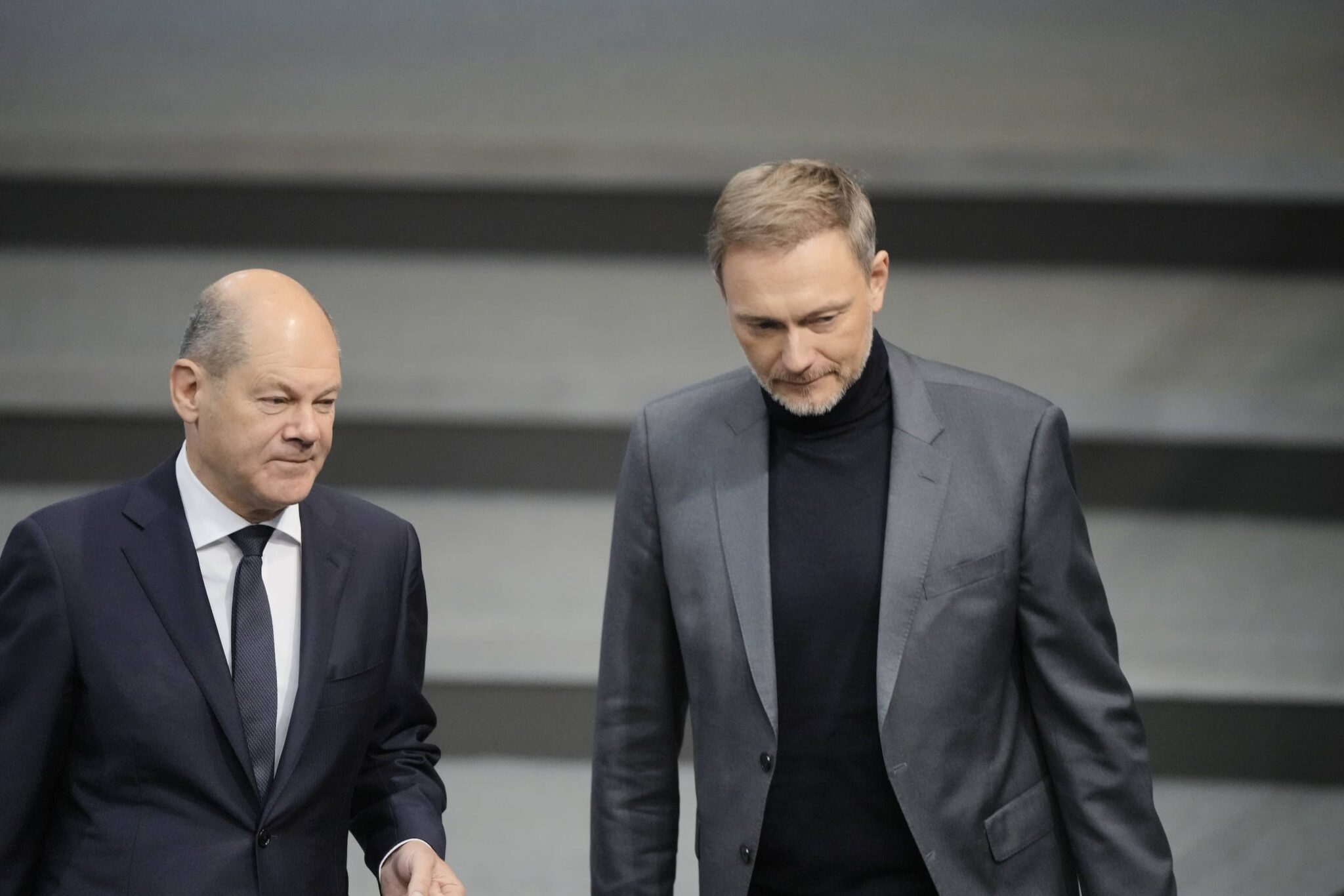The leaked 12-point action plan for future budgets of Free Democrats (FDP) Finance Minister Christian Lindner almost immediately caused an extraordinary coalition storm; it also raises further evidence of a potentially early breakup of the ruling government.
The new budget would see major cuts to social welfare and green energy initiatives. Among other things, the finance minister proposed a 30 percent cut in the so-called Bürgergeld, the much-discussed welfare payment, especially for the unemployed, which has been in place for the past year. According to Lindner, this reduction would mainly affect those who do not accept “reasonable job offers.”
Another proposal that has caused a storm is that no decision on new social benefits should be taken for at least three years. Analysts say the rationale behind this is that work should be worth more than social benefits.
The removal of future funding for the switch to renewable energy sources has caused a similar uproar, as has the abolition of preferential pensions. Germany has a very high number of people who have been granted a pension from the age of 63 for a very long time.
At the same time, the proposal would relieve some 500,000 companies by abolishing the solidarity tax and provides for considerable bureaucratic simplification in general.
Senior politicians of the Social Democratic SPD, including party leader Lars Klingbeil, almost immediately rejected the leaked draft in the strongest terms.
“If the FDP thinks that the economy is doing better if nurses or teachers earn less, they are wrong,” the SPD party leader said. The Greens are also reported to have rejected most of the planned cuts, if not so categorically.
However, the once conservative CDU/CSU, now a center-left coalition, praised the draft measures as “correct and important.” As the party leaders of the leading opposition party put it, it is not just a declaration of war on the FDP’s government partners, but a signal that the Liberals are planning the final break with their coalition partners.
It is an open secret that the Conservatives would form a coalition with the liberal FDP in the event of a coalition break-up or possible snap elections in Germany, should the Free Democrats win the 5 percent needed to enter parliament.
The CDU/CSU position and the fact the FDP has not denied the rumors has led to growing speculation as to the real intentions behind the FDP’s and Christian Lindner’s 12-point plan. With the FDP congress being held this weekend, it may become clearer as to what the party president plans to do going forward.






